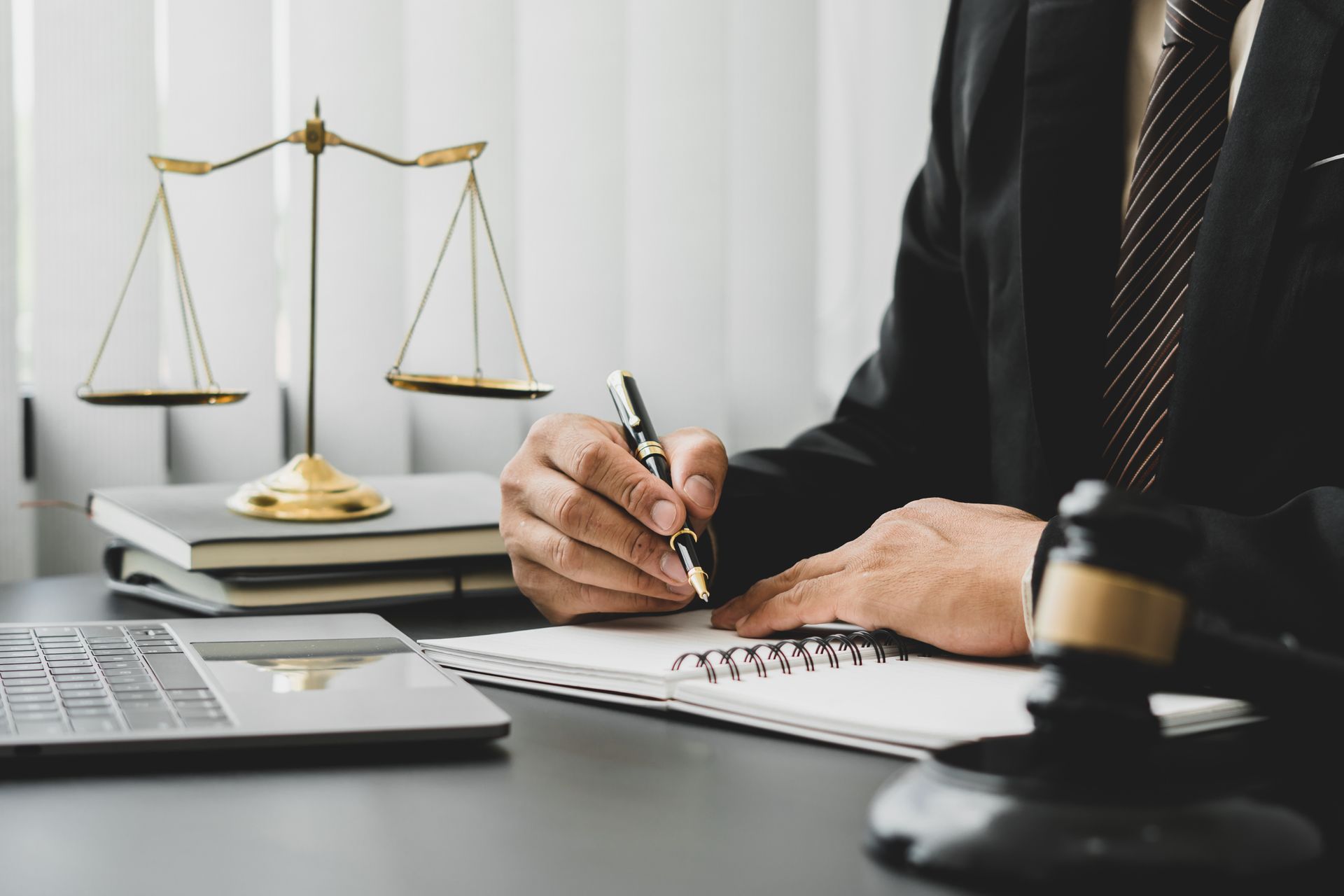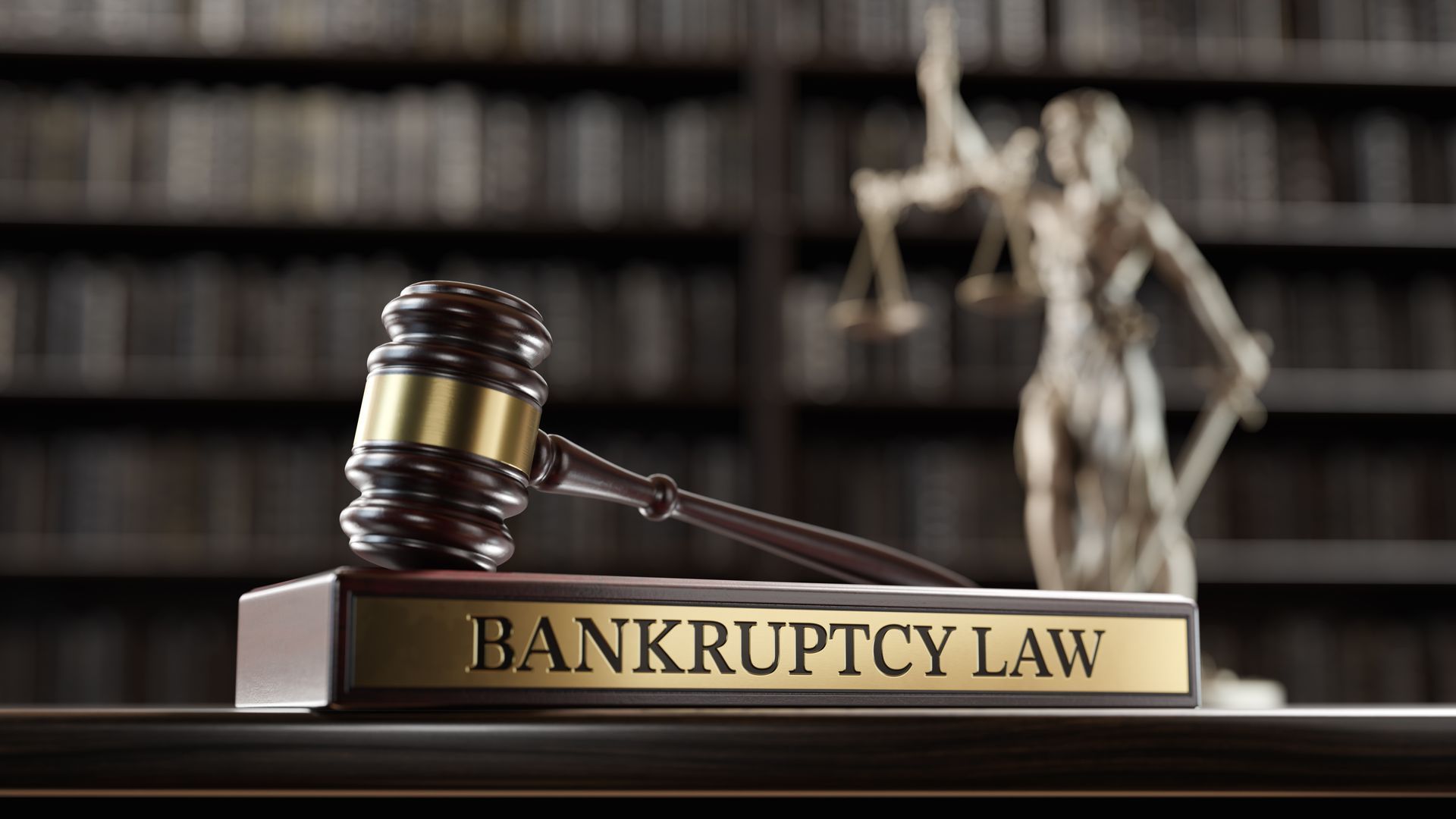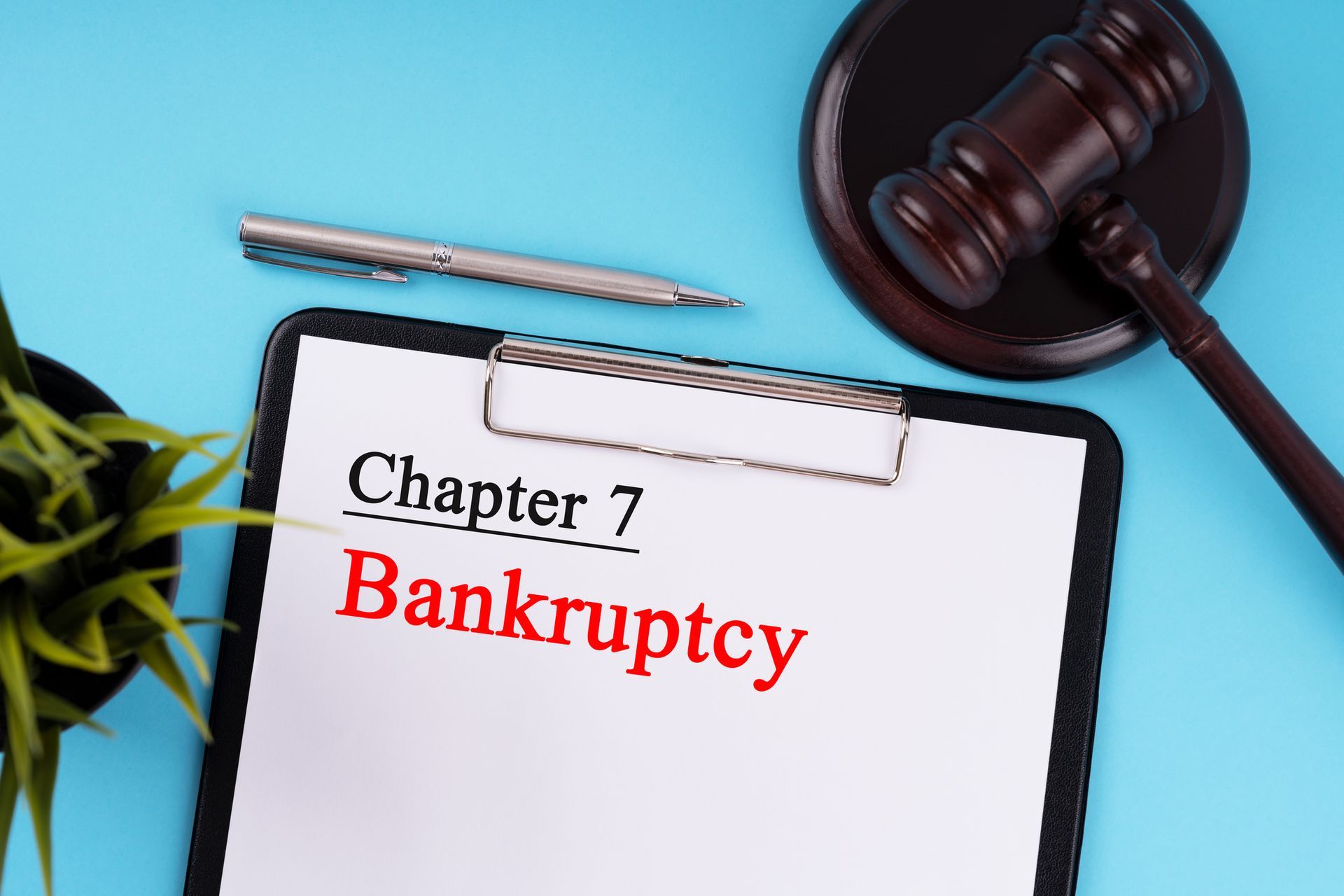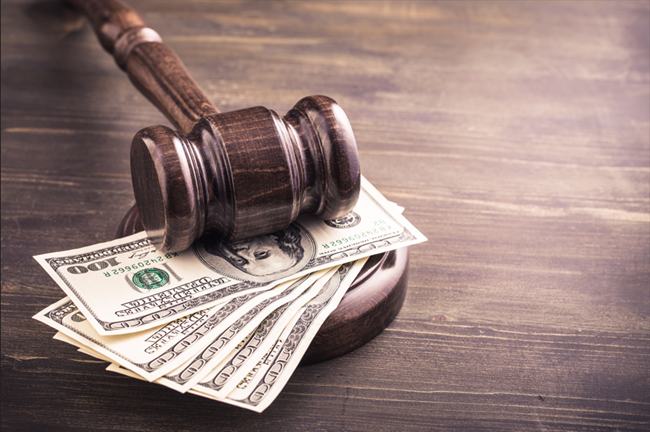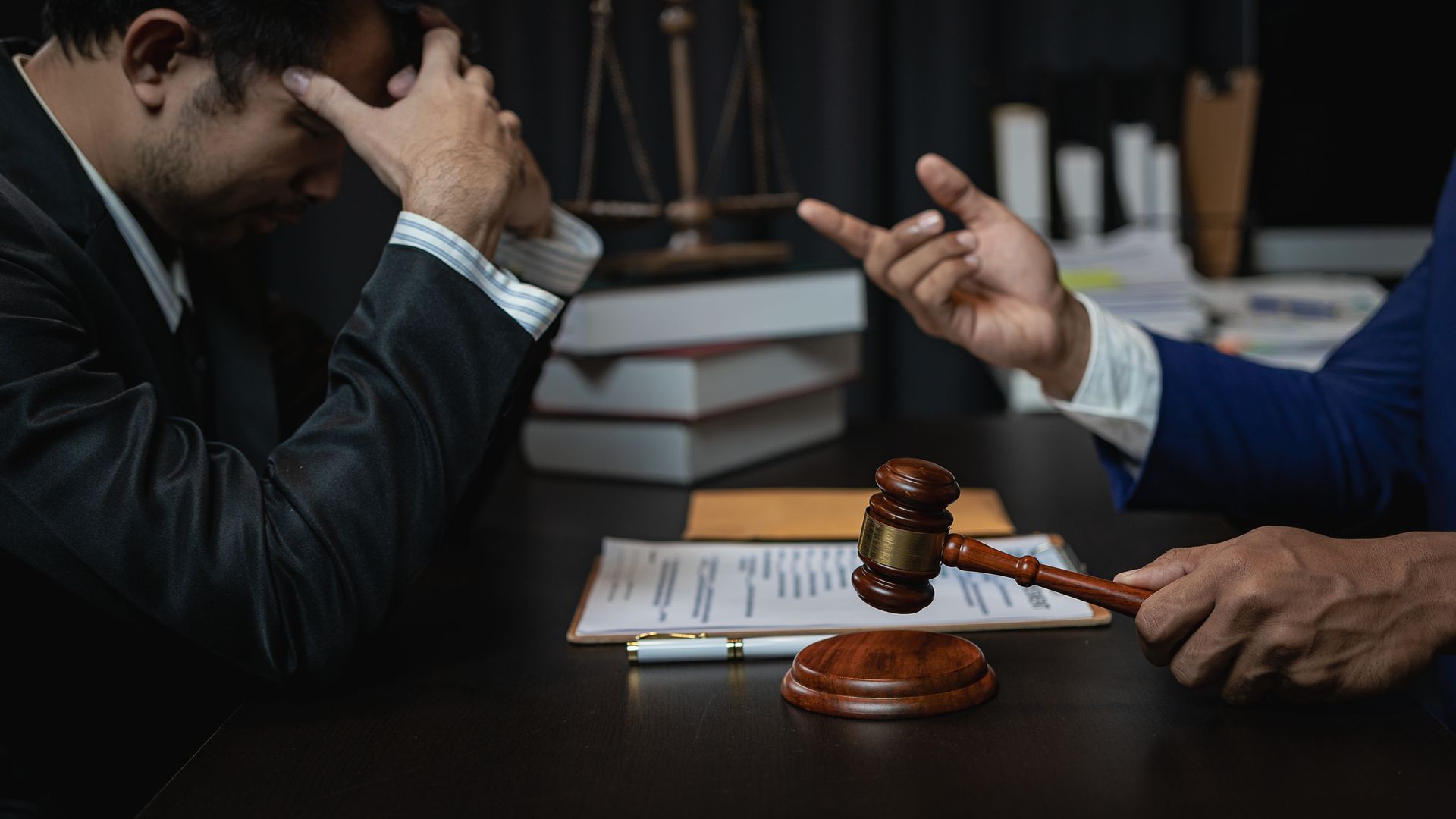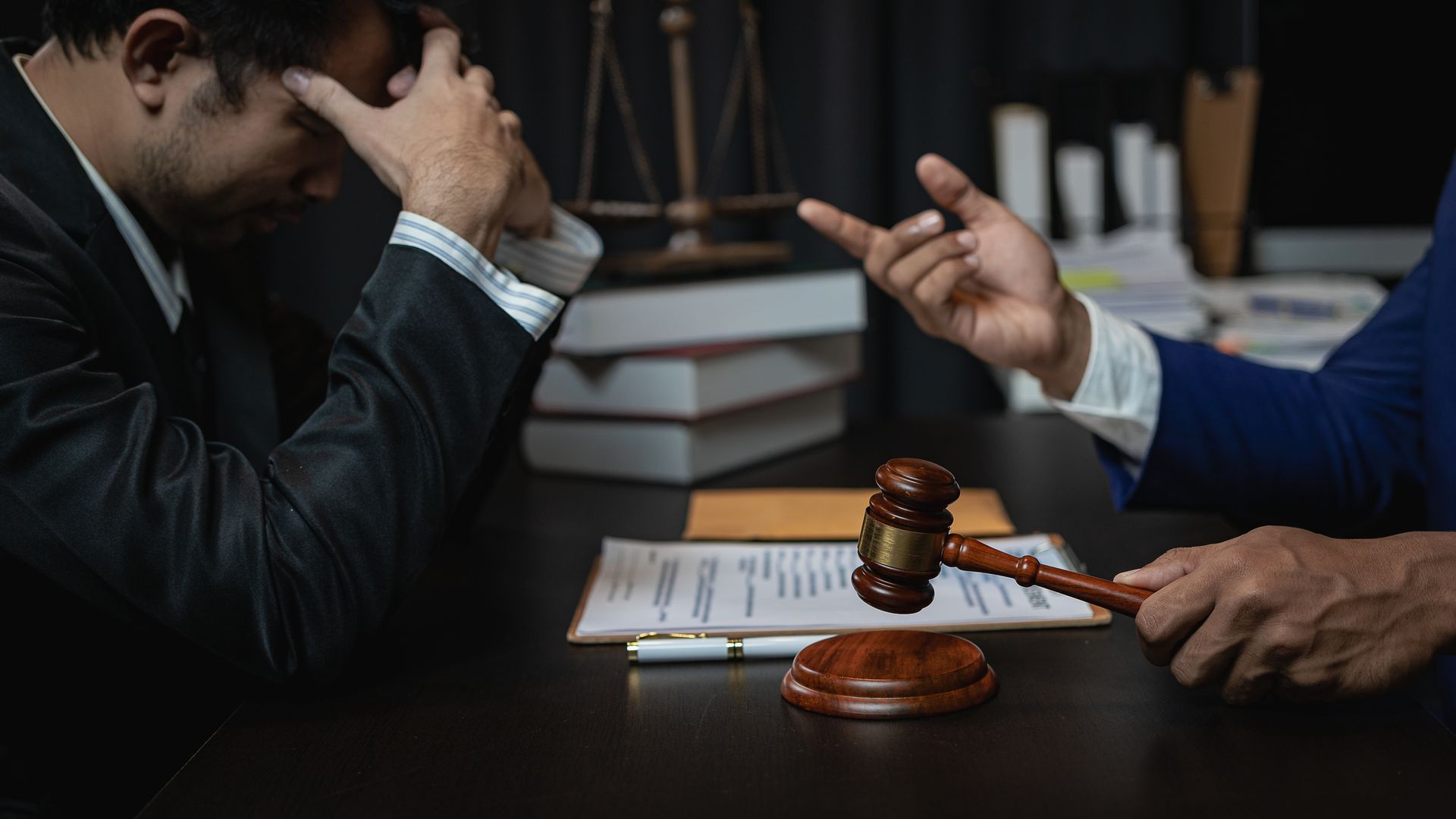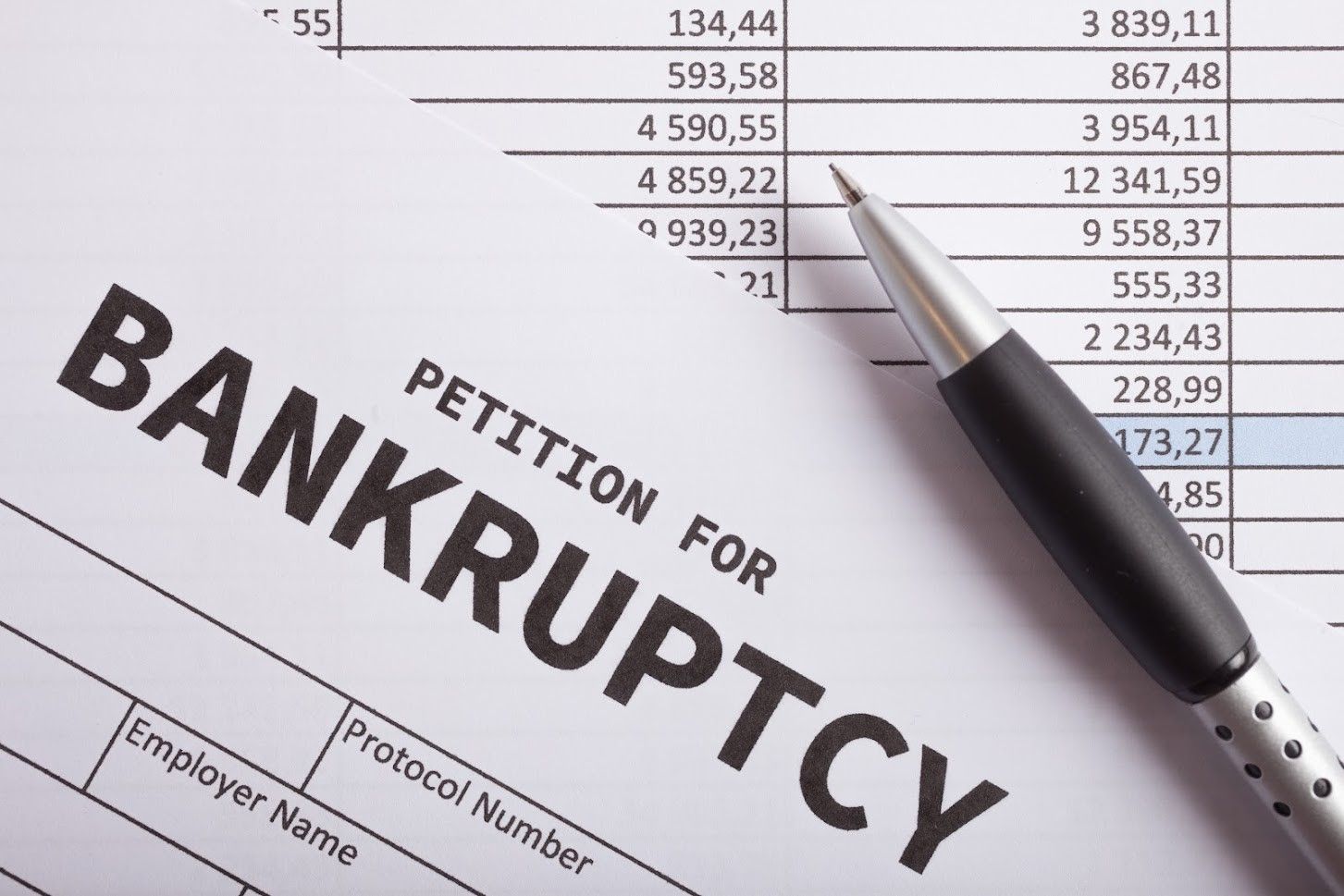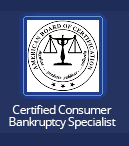Your Bankruptcy Questions Answered
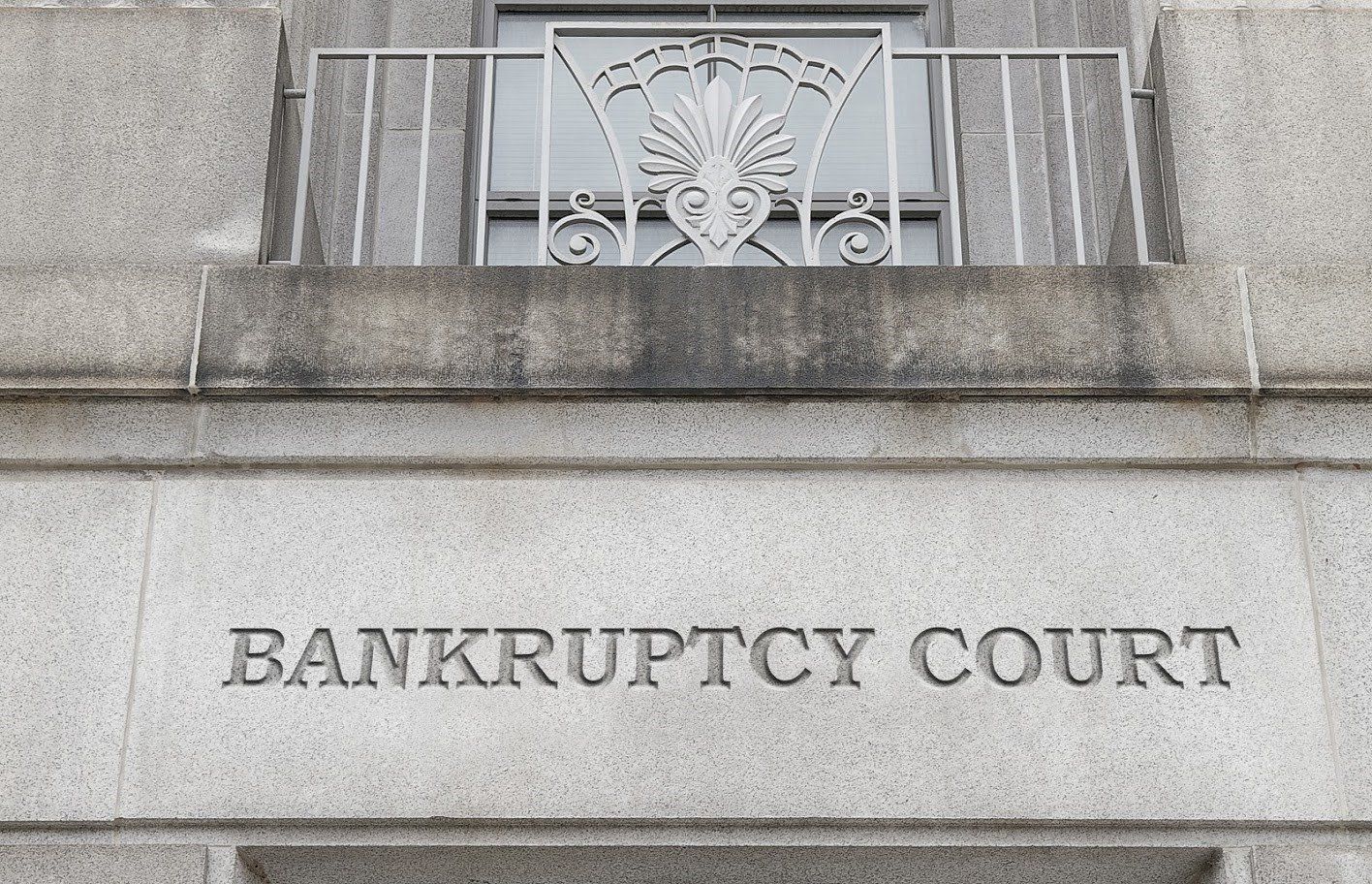
Almost everyone struggles with finances at least once in their lives. While being in debt may seem like an impossible hole from which to climb, there are many options, including bankruptcy. The bankruptcy process allows you to get rid of most or all of your debt so you can get your finances back under control. If you would like to learn more, keep reading.
Will You Lose Your Home or Vehicle?
One reason you may be postponing bankruptcy is because you fear what will happen to your home or vehicle when you file for bankruptcy. However, whether you can keep your home or vehicle largely depends on your personal situation and the type of bankruptcy you are filing. Typically, your vehicle can be protected as an exemption.
However, if you are filing Chapter 7 and you own the car fully or have a lot of equity in the car, you may have to sell it (along with some other assets) to help repay some of the debt. In Chapter 13 bankruptcy, you can likely keep your car because you create a partial repayment plan instead of selling assets to help repay some of the debt.
Real estate works similarly in a bankruptcy case. If you own a lot of real estate, you will be expected to sell some or all of the property to help repay your debt. If your home has little to no equity in it, you probably won't need to sell it. The biggest determining factor is whether or not you can pay your mortgage moving forward after the bankruptcy. If you can, you’ll likely be able to keep the house.
How Long Does Bankruptcy Last?
Another reason you may be avoiding bankruptcy is because it takes up a lot of your time before your debt is finally gone. If you file for Chapter 7 bankruptcy, it can take three to four months before you are fully finished with bankruptcy.
With Chapter 13 bankruptcy, setting up and getting the repayment plan approved may only take a few months, but the repayment period can last three to five years before your debt is discharged. Your attorney will help determine which length of payment plan is right for you based on your income and expenses. During the repayment plan, however, your attorney will do most of the work, especially if you have automatic withdrawal for the repayment.
Does Bankruptcy Destroy Your Credit?
Naturally, bankruptcy negatively impacts your credit because it shows creditors you failed to repay one or more loans. Of course, falling behind on payments you can't make or just ignoring them altogether can also negatively impact your credit score.
The more time that passes after your bankruptcy, the better your credit, but the bankruptcy will remain on your credit report for up to six years. This doesn't mean you won't get loans or you'll have terrible interest rates, but it does mean any lender can see the bankruptcy. After six years, however, in most cases, the bankruptcy is removed from your credit report.
How Much Does Filing for Bankruptcy Cost?
Finally, if you're struggling to pay all your bills and debt, you probably don't have much money lying around to pay for an attorney. However, filing for bankruptcy is much more affordable in the long run. You will need to pay a fee of up to $310 just to file, which does not include the attorney's fee.
In most cases, you probably won't pay more than $3,000 to $4,000 for the bankruptcy process and attorney fees. This does not include money you pay in a Chapter 13 repayment plan. Ultimately, however, the cost of bankruptcy is significantly lower than the cost of paying late fines and interest.
If you are struggling with massive amounts of debt, bankruptcy may be the right choice. In most cases, you'll end up saving money, and the bankruptcy won't stay on your credit report forever. If you would like to learn more, contact us at Charles J Schneider, PC, today.

